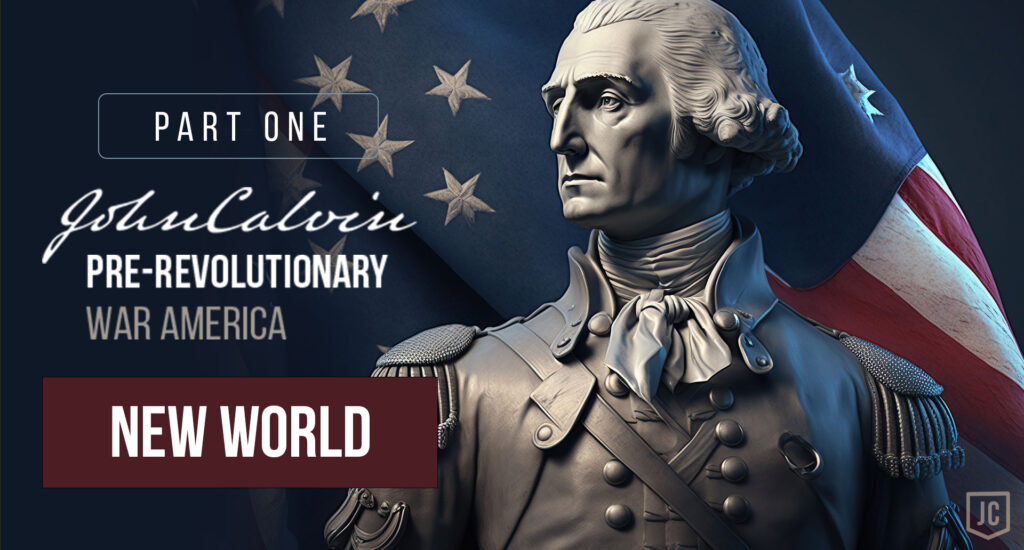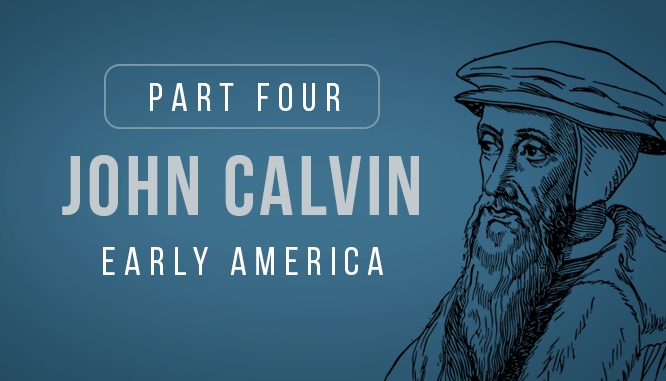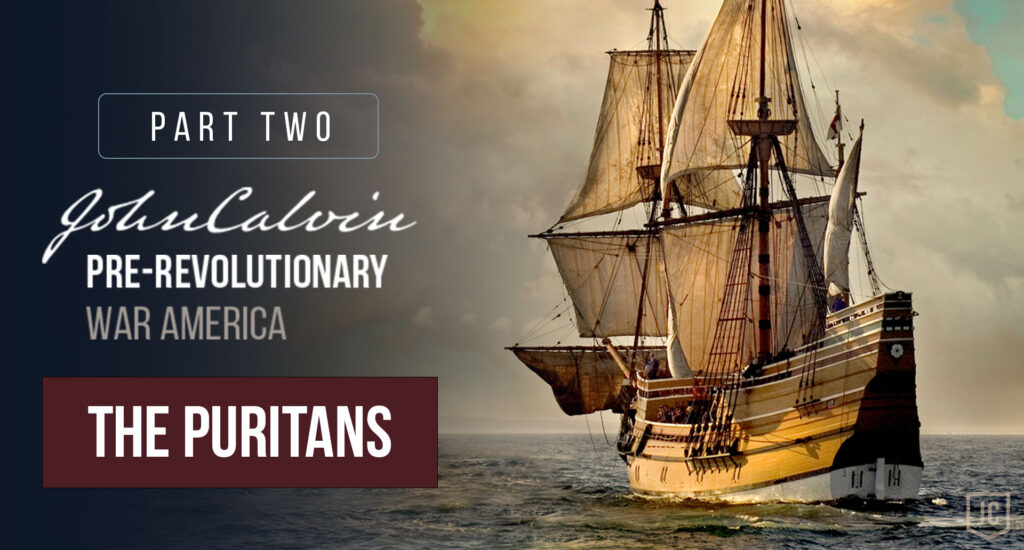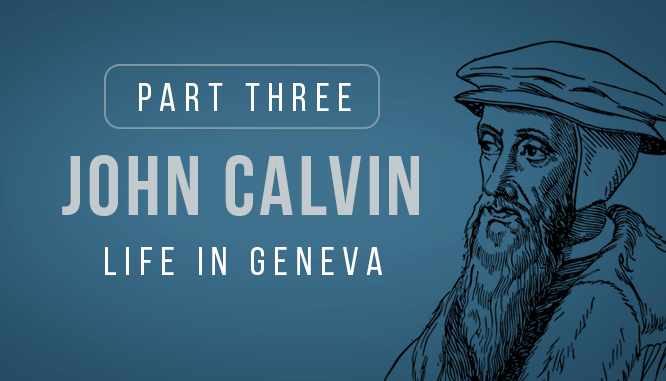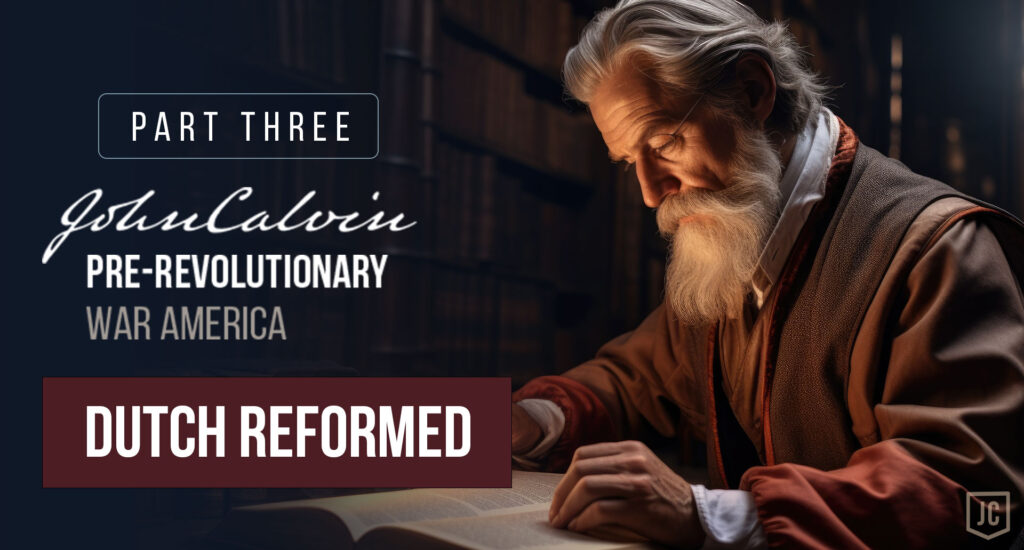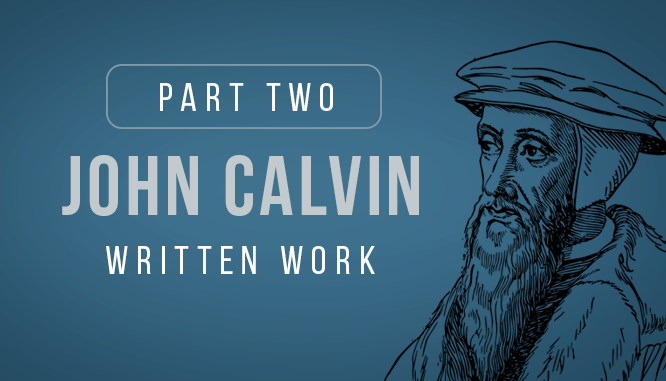Who is John Calvin
John Calvin and Pre-Revolutionary War America
– Part 1 New World
John Calvin in Pre-Revolutionary War America In the tumultuous era leading up to the American Revolution, the religious landscape of the thirteen colonies played a significant role in shaping the course of history. Amidst a diverse array of beliefs and practices, John Calvin’s teachings emerged as a dominant theological framework that profoundly influenced early America’s…
John Calvin & Early America
America was radically influenced by John Calvin. His ideas shaped its history, religion, & culture.
John Calvin and Pre-Revolutionary War America
– Part 2: The Puritans
The Influence of Calvinism on the Puritans in Massachusetts The renowned Protestant reformer John Calvin profoundly influenced the New England Puritans’ religious and cultural development. As descendants of Calvin’s theological tradition, the Puritans sought to create a society inspired by Calvin’s teachings on predestination, divine sovereignty, and the pursuit of a righteous life. Calvin’s theological…
John Calvin’s Life In Geneva
Geneva, Switzerland is where John Calvin spent 24 years of his ministry. Discover more about his incredible experiences in life and ministry while there.
John Calvin and Pre-Revolutionary War America
– Part 3: The Dutch Reformed
The Influence of Calvinism on the Dutch Reformed in New York In this third part of our series, we will examine Calvin’s influence on the Dutch Reformed community in New York. Thanks to the exploration of Henry Hudson under the patronage of the Dutch West India Company, Dutch colonists began to settle in the territory…
John Calvin’s Written Work
John Calvin’s written works have shaken generations of people. They are rich in spiritual depth yet simple enough for anyone to read and understand.
